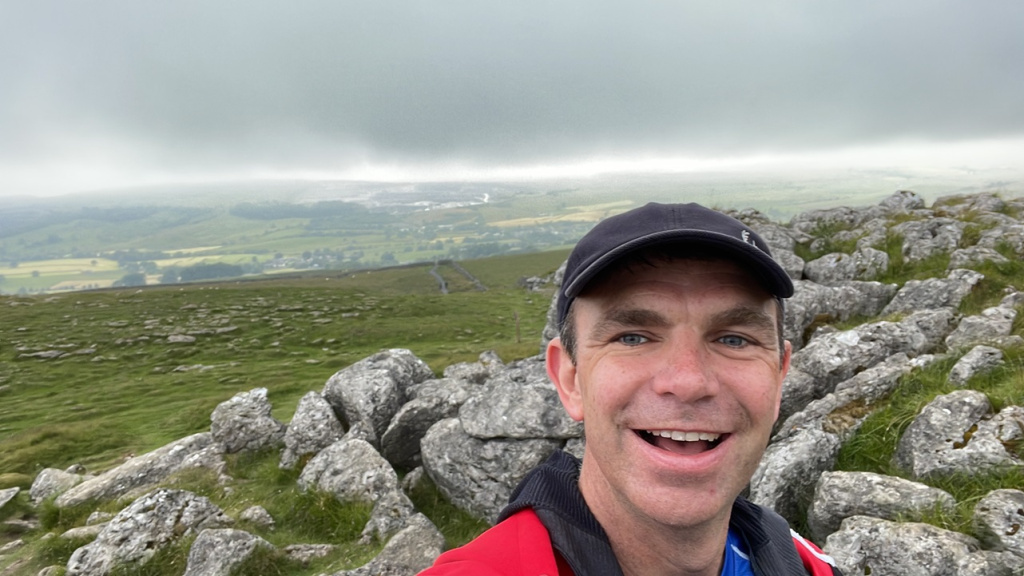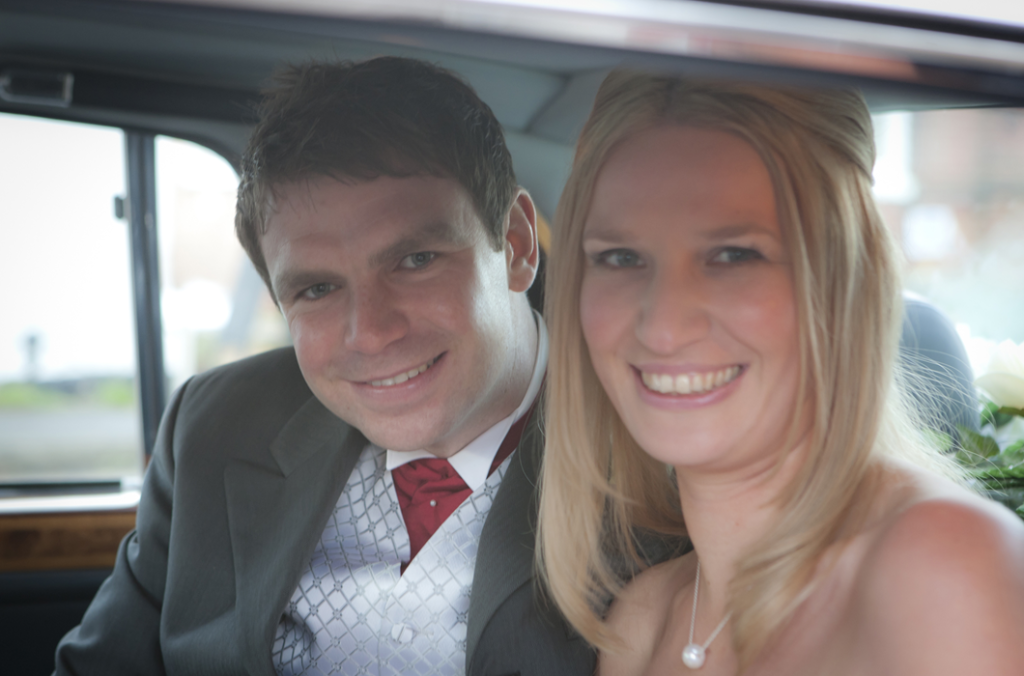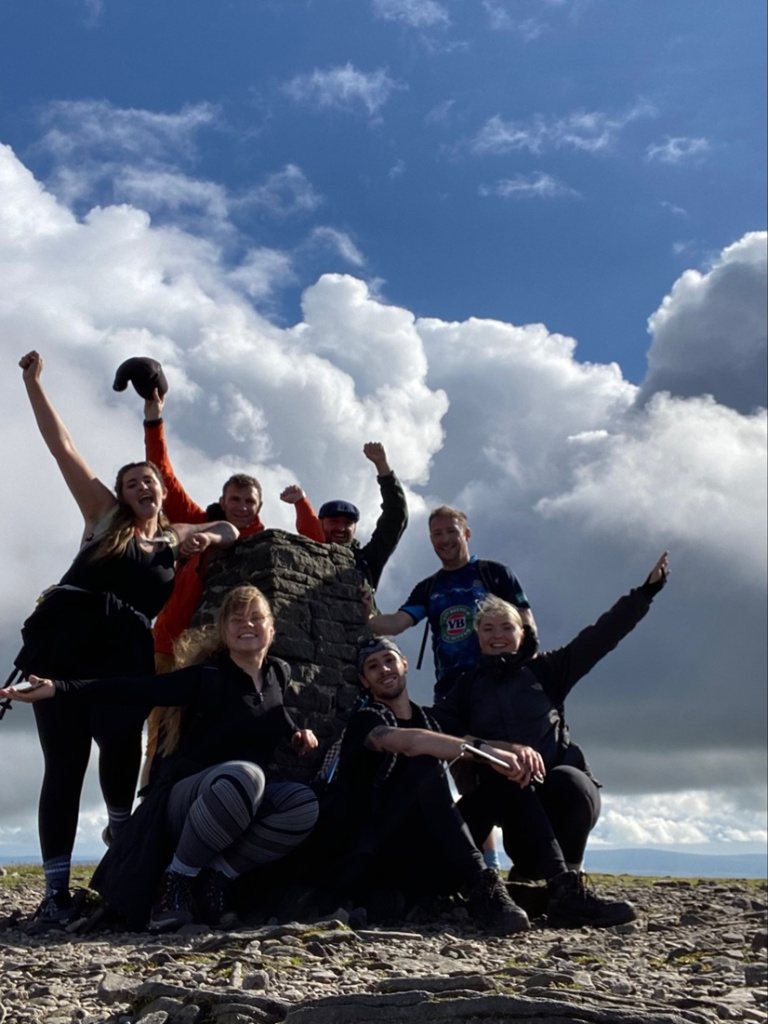How did you get there? Richard Heath

Great to hear from Richard Heath who is the Managing Director of Blue Yonder, an Innovation obsessed insight agency.
So, how did you get into the industry, and take us through how you got to this point?
Erm, ‘I fell into it’.
I did MR modules at uni but they were so dull I completely dismissed it as a career. They were obsessed with methods and sampling etc. No mention of what it was actually for. So I dismissed it and tried to get into brand and ad agencies. Luckily for me, Millward Brown (now Kantar) positioned their grad scheme as being part of the advertising and branding industry, so I applied.
I immediately felt at home amongst the people developing / assessing the creative rather than making the creative. Not because of the work, but because they weren’t as cool. I was never cool enough to work in an ad agency. I’m ok with that now.
I’ve had 6 years in London, 8 in Singapore and 5 in Leeds. I’ve worked with pretty much every major brand you could name. I’ve run workshops in dozens of countries. I’ve made market GMs and CMOs from cultures alien to me, who should not be listening to me, listen to me. I’ve travelled. You don’t understand culture by backpacking. You understand it by working side by side with people different to you, on their terms. I’ve met elite people. I’ve met average people. But all good people I wouldn’t have met without MR. I’ve led two companies. I’ve led a lot of people. I’ve built a business. I’ve fallen in love and married a girl who sat opposite me at Kantar. I’ve taught two kids what research is, and the value it can bring. I’ve admired the bosses who bring their kids to the office. I’ve been the boss who brings their kids to the office. I’ve learned about life, work, people and myself. I’ve understood myself through learning about other people.
I have learned almost nothing about sampling. I still have to check myself before I explain what sequential monadic means. I don’t understand conditional formatting.
That is a career in research. The potential for global adventures and the meeting of wonderful people is surely unrivalled.
There are a couple of keys to unlocking it, I’ve found.
- Forcing yourself to do things which every bone of your body is telling you not to do. Literally, physically forcing.
- Knowing when to jump and make a change.

Why should anyone consider a career in market research, data and insights?
It takes you behind the curtain. It shows you why people, products, brands, governments and cultures are the way they are. Do not enter unless you can handle the truth, and enjoy looking under many rocks to find it.
Career paths are rarely without challenges. Can you share an honest moment from your career when things didn’t go quite according to plan, but the lessons remain with you to this day?
There has been a few. The lesson is always similar; if there is something I want, the most important thing is to stick at it. And if it still doesn’t happen, it means something else will.
Around age 27 I remember being dead set on moving to Argentina, to do research, learn Spanish and see the world. The head of Kantar’s LATAM region was in town for a conference, and I was in the same room as him, at a post drinks thing. I hated it, was physically sick at the thought… really shaking… but I forced myself to go and talk to him. He was polite and charming. We talked about football and I assumed I’d nailed it. But I didn’t speak Spanish so I was mad to think I’d be a good fit. So it didn’t happen. 6 months later, my boss moved to Singapore and needed help, so I followed her. That was my most important career moment so far and it wouldn’t have happened if I hadn’t struck out with LATAM. I may not even have been brave enough to leap to Asia if I hadn’t shown myself that this quiet boy from Norfolk could be brave enough to get quite far with the head of a region I’d never met before.
Honesty, you say? I’ve also been passed over for promotion a few times. It hurts at the time. Clapping as they are celebrated. Trying hard to mean it. Honestly, that’s how it feels. You can be happy for someone and gutted for yourself too. But the solution was never to quit. Stick at it. It always happened eventually and 6-12 months is actually nothing. Usually my bosses knew best!

What two things should junior researchers focus on as they progress in their careers?
Can they both be listen? Just listen. To everyone. To your leaders, to your juniors, to your clients, your peers. Listen to every single piece of feedback. Always assume you can be better. There is no perfect victory. Seek feedback. Try to get better all the time. And better is what you’ll get.
Network early. I didn’t take ‘networking’ seriously when I was young because I thought it was a dirty sales type of word. As a result many of the great people I knew when I was in the first 10 years of my career have gone on to great things and be great people. And I don’t know them. My loss. Just stay in touch. Social platforms at least. Your fellow SRE today will be leading an agency one day, or be a great free lancer, or head of insight at Coke, or will just be a great person to have a coffee with. Or you might marry them. So stay in touch.

Do you have any advice for our sector?
Remember that method is not as important as impact. Spend less time perfecting intricate solutions and more time learning about the organizations we’re trying to help. If we don’t, those organizations will find other ways to improve their decision making.
And do you have anyone who has helped your career so far that you’d like to acknowledge and say thanks or give a shout out to?
In 20 years there’s a lot. But there are a few who have taught me lynchpin skills. The names will be interesting if you know them. But more useful perhaps are the skills they taught me. These are the tools you need to succeed in research.
Adele Jolliffe – You can be successful in business AND be a decent person. Listen to your clients. Care about your team.
Rachel Evans – Stay calm. It will always be ok.
Patricia Driver – Strive. Perform. Push yourself. Be brave.
Anna Harrod – The story. It’s all about the story.
Nichola Rastrick – It was never about the research. What does the client actually need? Give them that.
Kate Binner – Win!
Hannah Rogers – You only need to be mostly sure it will be work to try it.
Jonathan Million – Business. And how to make it happen.
